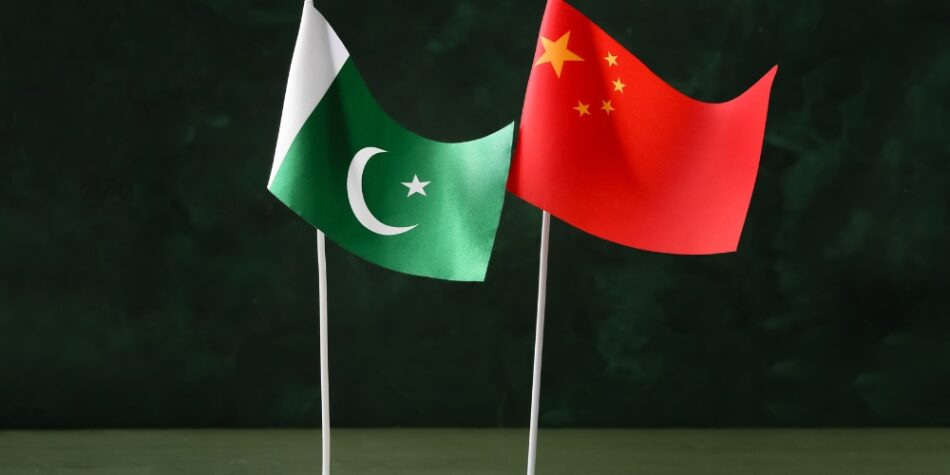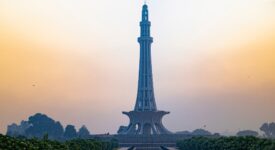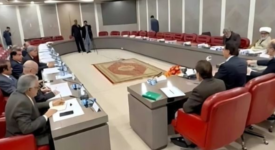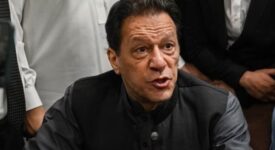China on Monday encouraged maintaining political unity and social stability in the South Asian country amid a hung parliament after the elections on February 8, according to official media.
The Foreign Ministry spokeswoman, Mao Ning, stated, “As a close and friendly neighbor, China fully respects the choice made by the Pakistani people.”
Speaking after the elections, Mao stated that Beijing “sincerely hopes that all relevant parties in Pakistan will work together to maintain political unity and social stability and jointly create a future for national development.”
After elections were held in Pakistan on February 8, each political party was only able to secure the required amount of votes to form a federal government isolated.
Independent candidates connected to incarcerated former prime minister Imran Khan, the founder of the Pakistan Tehreek-e-Insaf (PTI) party, who is prohibited from running for office, won the majority of the 264 seats in the National Assembly.
Former prime minister Nawaz Sharif’s Pakistan Muslim League Nawaz (PML-N) got 75 votes, while Bilawal Bhutto-Zardari’s Pakistan Peoples Party won 54.
17 seats were won by the tiny Muttahida Qaumi Movement – Pakistan (MQM-P).
While Khan’s PTI announced to establish an alliance with the Sunni Ittehad Council in order to secure the reserved seats in the house where its 95 candidates won as independents, the MQM-P and the parties of Zardari and Sharif are in talks to build a coalition government.
Based on PTI‘s data, its candidates won at least 177 seats in direct elections. However, the party claims systematic manipulation to “steal” the electoral mandate.
The government and the election commission have both denied any wrongdoing. Without counting reserved seats, a party needs 134 MPs to form the federal government of the nation on its own.







